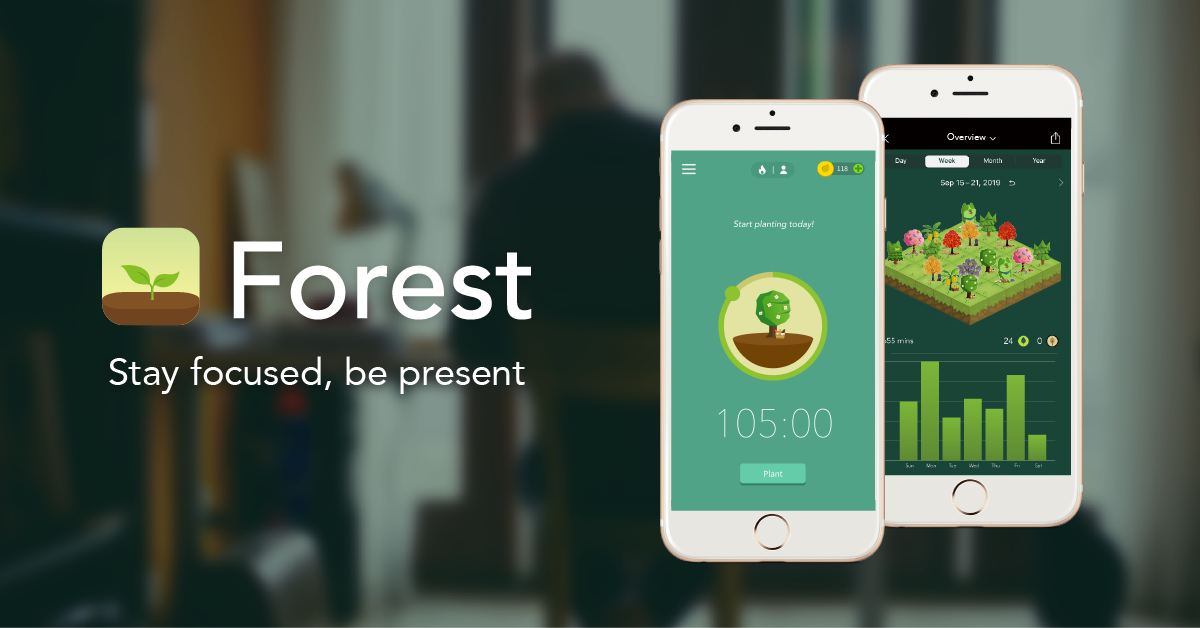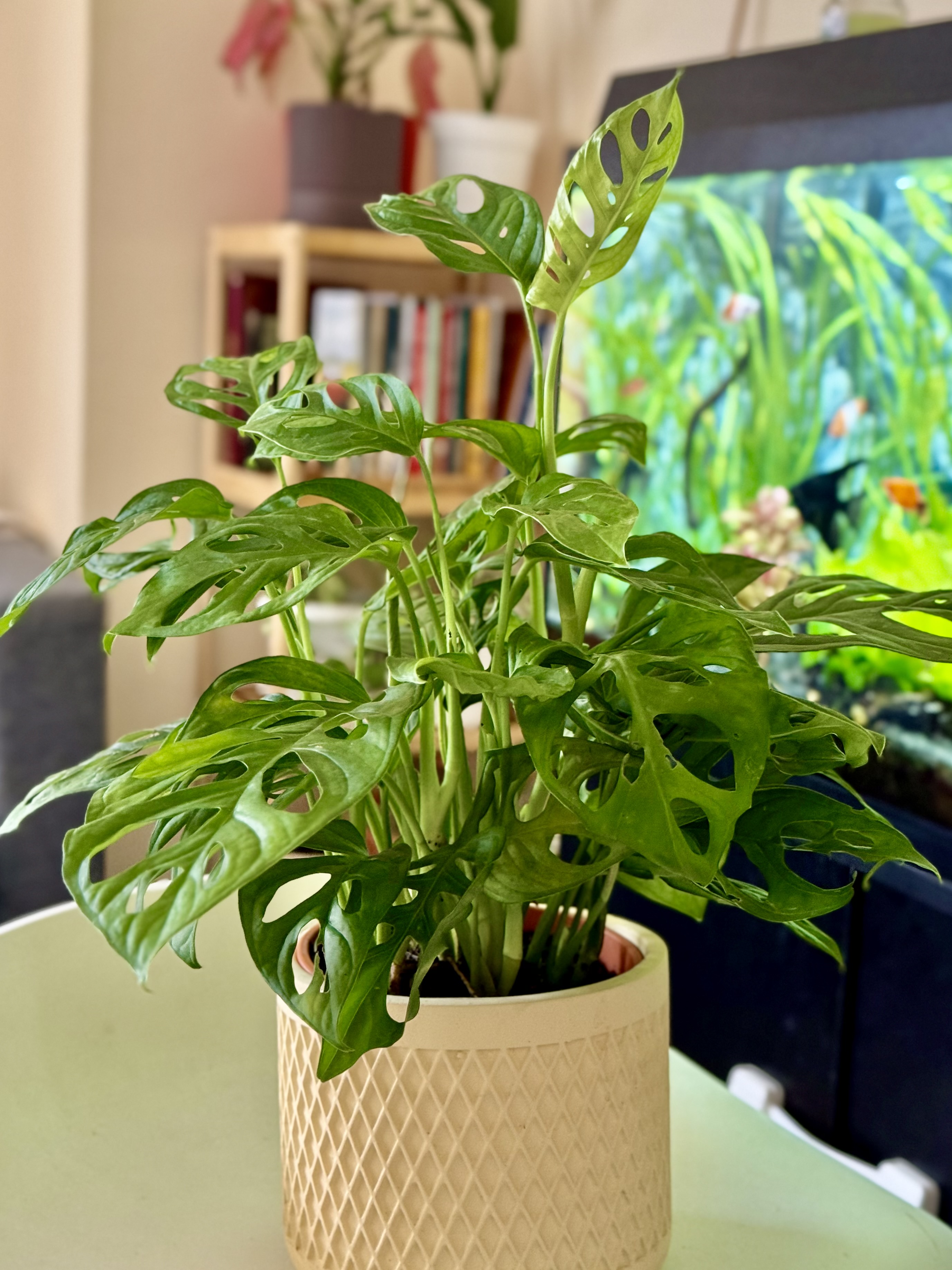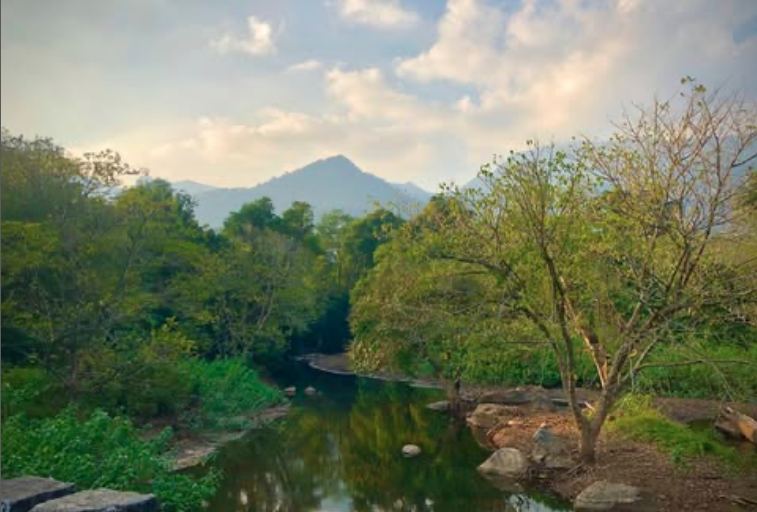- Wildlife Guardian 🦉
- 17-DAY STREAK
And we should always be patient.
-
 Candice Violante 4/30/2025 9:05 AM
Candice Violante 4/30/2025 9:05 AM- Pet Parent 🐾
- 16-DAY STREAK
You made some great points. You're absolutely correct. Planning for a trip is so much more than just making travel plans! -
 Diana Tomos 4/29/2025 1:11 AM
Diana Tomos 4/29/2025 1:11 AM- TEAM CAPTAIN
- Earth Advocate 📣
- 17-DAY STREAK


